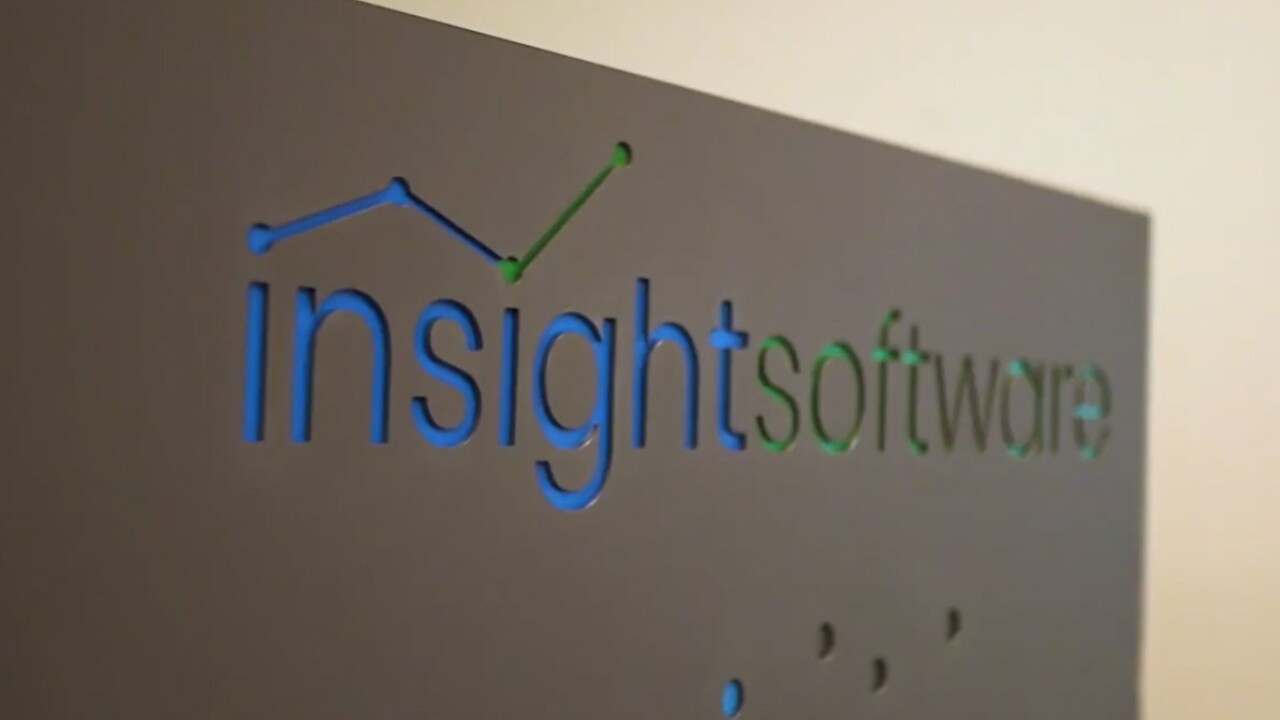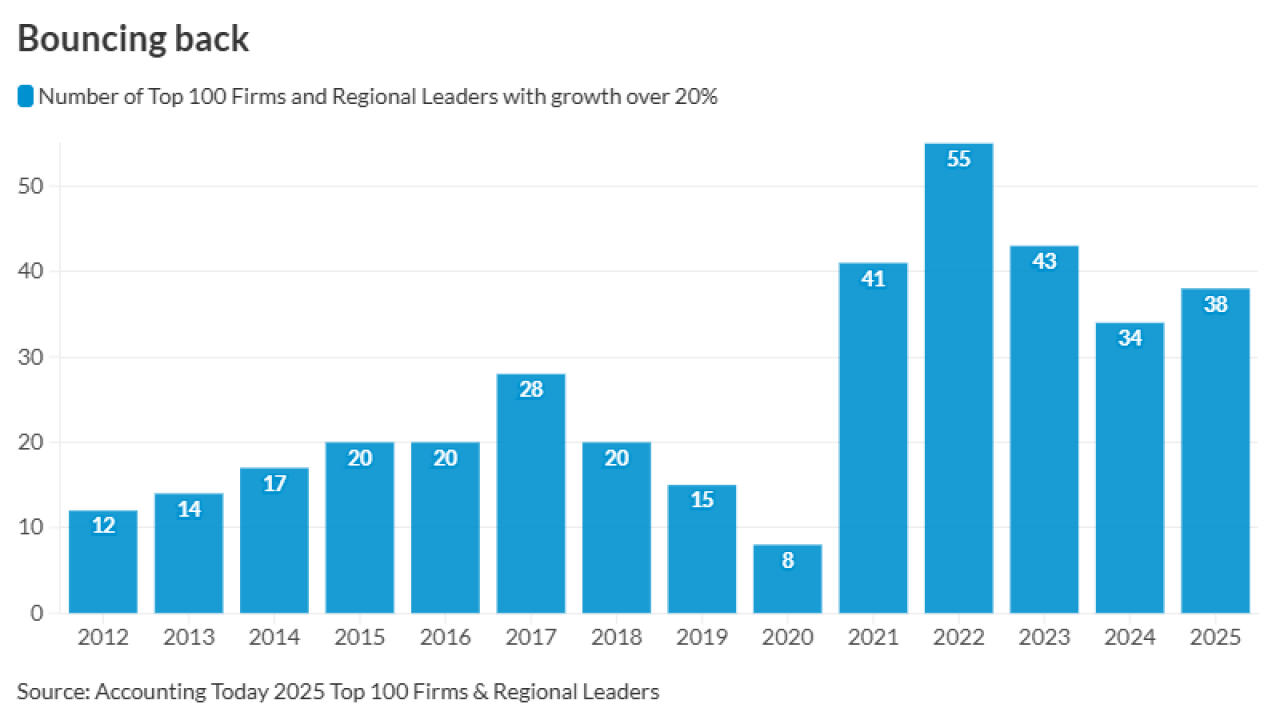PHILIP L. DEFLIESEI first met Phil Defliese at a dinner meeting sponsored by the City College Fund. He was good looking with curly dark hair, and as each of us identified himself, Phil said, "I am Philip Defliese of Lybrand, Ross Bros. & Montgomery."
Philip L. Defliese entered the School of Business of the City College of New York in 1930, worked during the day as a bookkeeper and attended the School of Business at night for eight years, graduating in 1938. Those of us who attended, as I did, that college at 17 Lexington Avenue (known as the poor boys' Harvard) did so for several reasons. First, it was tuition-free, which was important during the Depression years of the 1930s. Second, it had an outstanding group of teachers of accountancy, including Professors Emanuel Saxe, Stanley B. Tunick, John Neuner and Irving Chaykin. Third, a diploma from the School of Business of CCNY usually ensured a job - the college had more graduates who became CPAs than any other college in the nation.
Phil and I became good friends. Robert H. Montgomery was his mentor and Phil told me of an incident related to him by Montgomery. As a young auditor, Montgomery was assigned to audit a coal mine in Scranton, Pa. One day, as Montgomery toured the mine facilities, he observed small cabins where the miners lived. "Who owns the cabins?" he asked, and was told that they were the property of the mining company. "Do the miners pay rent?" he asked, and was informed that they paid $10 each month. Montgomery looked for the rent income in the books but could find none. With his good investigative skill, he learned that the general manager of the mine collected the rent each month, which he pocketed. Montgomery's disclosure resulted in the discharge of the general manager.
Defliese became an important cog in the Lybrand firm. My next encounter with Phil was in 1968, when I was a member of the American Institute of CPAs' Executive Committee and Phil was reporting to the committee on developments in the Continental Vending Machine Corp. case.
The president of Continental Vending was a corporate manipulator who was indicted for fraud by a federal grand jury. Unfortunately, at the same time, three individuals of Lybrand who were the independent accountants were also indicted for violation of Securities and Exchange Commission rules. The case U.S. vs. Simon received vast coverage in the media. Carl Simon was the managing partner of Lybrand's New York office, and two Lybrand managers involved in the case were also indicted.
As Phil reported developments in the case to the Executive Committee, it was evident that the three accountants were innocent. However, the federal prosecutor was an overbearing, six-foot, three-inch individual who overpowered and confused the jury with technical terms that they did not understand. The jury brought in a guilty verdict, which was devastating to those involved, as well as to the profession. The federal district judge who presided over the case, Walter R. Mansfield, in his sentencing remarks, stated that if he were the "trier" of the case, he would not have found the three accountants guilty, and sentenced Carl Simon to a fine of $5,000 and the two managers to fines of $1,000 each.
Defliese had become an important individual in the accounting profession and was elected chairman of the AICPA. He also was appointed to the Accounting Principles Board. The APB succeeded the Committee on Accounting Research, which issued Accounting Research Bulletins up to ARB.
No. 51, Consolidated Financial Statements. By virtue of his acumen and prescience, Phil was ultimately elected chairman of the APB, which issued 31 principles, concluding with Disclosure of Lease Commitments by Lessees.
During the tenure of the APB, rumors abounded of pressures by an Arthur Andersen member who was accused of accommodating a client who purchased companies and kept them on the "shelf" to sell them for a profit or loss to level corporate earnings. Defliese and others on the APB were disturbed and the APB was doomed.
When the AICPA Council met in October 1972, the agenda included a proposal to form a new Financial Accounting Standards Board based on a report by a commission chaired by Francis M. Wheat, a former SEC commissioner. At the Council meeting, Defliese went to the microphone: "Friends, Romans, countrymen, I did not come to bury the APB, but I shall vote for the FASB."
FASB had a grand opera opening with a three-tier dais at New York's Waldorf Astoria Hotel, with every important accounting personage marching in to the tune of Elgar's Pomp and Circumstance. There was plenty of pomp and plenty of circumstance.
Over the years, FASB has had its ups and downs, but it survived despite pressures from interests within the accounting profession and the corporate establishment. Defliese served as managing partner of Coopers & Lybrand, elected three times for four-year terms for a total of 12 years. On retiring, he spent winters in Florida and summers in Lake George, N.Y.
We spoke to each other regularly, and in one conversation he asked, "Have you any idea what the partners of the large firms are earning?" I said that I understood that average partners were earning $500,000 and up, and that the top groups were earning seven figures. "I never made more than $400,000 per year," Phil said.
During one of our last conversations, I asked, "How are you feeling?" "Not so good," he replied. "I have developed a rare bone disease, I can't walk, I'm in a wheelchair." I asked if it were treatable. Phil said there was no treatment in the U.S., but that he had heard there was a medical center in Italy available for treatment of the illness but which would not accept foreigners.
Philip L. Defliese died in October 1997, shortly after his wife of 50 years, Pauline, had passed away.
I often listened to debates between Prof. Abe Briloff and Phil Defliese, and I always concluded that they were both right.
Eli Mason, CPA, is a past president of the New York State Society of CPAs, a past chairman of the New York State Board for Public Accountancy, and a past vice president of the American Institute of CPAs. He recently wrote Conscience of the Profession - A Personal Journey.





